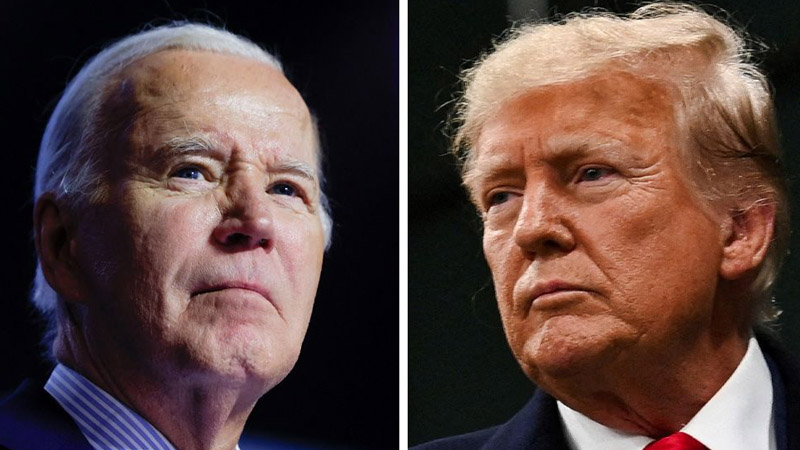Trump’s Manhattan Trial Exposes Pattern of Financial Missteps and Legal Troubles

BY JABIN BOTSFORD/THE WASHINGTON POST/GETTY IMAGES
Trump’s criminal trial in Manhattan has highlighted a recurring pattern, according to Daily Beast reporter Jose Pagliery, who pointed out on social media that the former president’s repeated legal troubles often stem from his reluctance to part with his money.
The trial began with testimony from Trump’s former attorney and fixer, Michael Cohen. This testimony, which infuriated Trump and will continue when court resumes, aims to support the prosecutors’ argument that Trump orchestrated a hush payment scheme to adult film star Stormy Daniels as an illegal attempt to withhold information from voters during the 2016 election.
To emphasize his point, Pagliery drew a parallel with Dr. Seuss’ “Because a Little Bug Went Ka-CHOO!”, illustrating how one seemingly insignificant action can lead to increasingly significant consequences. He provided a detailed narrative of Trump’s dealings with Cohen, showcasing how Trump’s frugality and greed led to a series of escalating problems.
“If you listened closely yesterday, there was an ironic storyline to follow about how—at every turn—Trump’s own miserly attitude kept pushing him toward this inevitable end,” wrote Pagliery. “For example: First, Trump refused to repay media exec David Pecker after the media executive dished out $150,000 to silence Karen McDougal. That meant Pecker wouldn’t front the cash when Stormy Daniels came knocking a few months later.”
“Then, instead of just paying Stormy $130,000 right away, Trump tried to play a delay game (as always) by making a stupid bet that he could hold off on payment until after the 2016 election, rendering her ‘story’ worthless,” wrote Pagliery. “That, in turn, meant that put Cohen in the awkward position of having to front the $130,000 himself. (He lied to a bank to draw from his home equity line of credit then lied again on the wire transfer, planting the seed for the eventual federal case that landed him in prison.)”
Pagliery described an incident where Cohen was expecting a Christmas bonus, but Trump’s stinginess came into play once again. The business tycoon and then-president-elect allegedly slashed Cohen’s bonus by two-thirds, likening Trump to Scrooge. This left Cohen frustrated and eager to be reimbursed for his efforts, regardless of the terms. As a result, Cohen agreed to be reimbursed for payments under the guise of ongoing legal work that he had not actually performed.
The story did not end there. Trump’s insatiable greed persisted. Rather than repaying Cohen in a lump sum, Trump divided the $420,000 into monthly installments, continually delaying full payment. This approach, which Pagliery referred to as Trump’s “art of the deal,” ultimately led to Trump’s felony indictment because he had to falsify business records to carry out this intricate scheme.
Pagliery concluded by suggesting that if Trump had promptly repaid David Pecker, who was involved in the scheme, or had immediately paid Stormy Daniels, or had simply reimbursed Cohen as promised, the entire situation could have been avoided. This trial serves as a stark reminder of how Trump’s financial decisions and his tendency to cut corners have repeatedly landed him in legal jeopardy.


